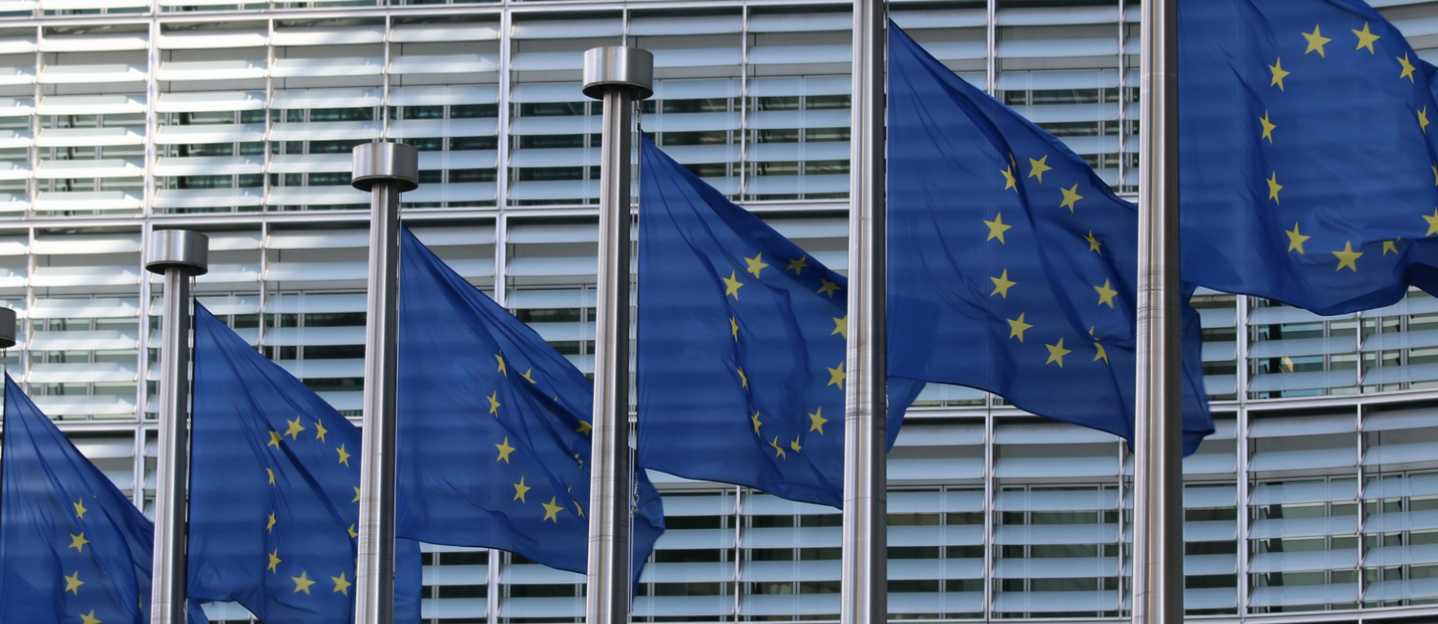
On Wednesday, 21 April, the European Commission released its Proposal for a Regulation on a European approach for Artificial Intelligence, the first legal attempt to govern AI. It is wide-ranging, ambitious, and grounded in human rights. The EC likely wants this to set the tone for regulating AI not just within the EU but globally, in the same way GDPR did for data privacy.
A draft version leaked a week before did not mention children once. The Office of Global Insight and Policy (OGIP) was contacted by UNICEF Brussels to see if we could quickly give reactive inputs. Because of our Policy Guidance on AI for Children, and with support from our rock star AI consultant, Prof Virginia Dignum, we could respond within a day. Last Monday UNICEF Brussels submitted the unsolicited inputs to the EC Commission. 5Rights Foundation also submitted their asks around children, as did others, I’m sure. We were thrilled to see that the version released that Wednesday has 10 mentions of children – well done EC:
“Furthermore, as applicable in certain domains, the proposal will positively affect the rights of a number of special groups, such as … the rights of the child (Article 24)”
Prohibited practices of AI: “The prohibitions covers practices that have a significant potential to manipulate persons through subliminal techniques beyond their consciousness or exploit vulnerabilities of specific vulnerable groups such as children or persons with disabilities in order to materially distort their behaviour in a manner that is likely to cause them or another person psychological or physical harm.”
“The use of those systems for the purpose of law enforcement should therefore be prohibited, except in three exhaustively listed and narrowly defined situations, where the use is strictly necessary to achieve a substantial public interest, the importance of which outweighs the risks. Those situations involve the search for potential victims of crime, including missing children; …”
“it is important to highlight that children have specific rights as enshrined in Article 24 of the EU Charter and in the United Nations Convention on the Rights of the Child (further elaborated in the UNCRC General Comment No. 25 as regards the digital environment), both of which require consideration of the children’s vulnerabilities and provision of such protection and care as necessary for their well-being.”
“The following artificial intelligence practices shall be prohibited … the use of ‘real-time’ remote biometric identification systems in publicly accessible spaces for the purpose of law enforcement, unless and in as far as such use is strictly necessary for one of the following objectives: (i) the targeted search for specific potential victims of crime, including missing children;”
“When implementing the risk management system described in paragraphs 1 to 7, specific consideration shall be given to whether the high-risk AI system is likely to be accessed by or have an impact on children.”
Note that the regulation will be discussed at the European Parliament and among Member States and it will take months before the final approval. We will continue to engage the process and advocate, with the support of the Ministry of Foreign Affairs, Finland (and Ambassador Jarmo Sareva), for the inclusion of children and their rights in this AI regulation.
